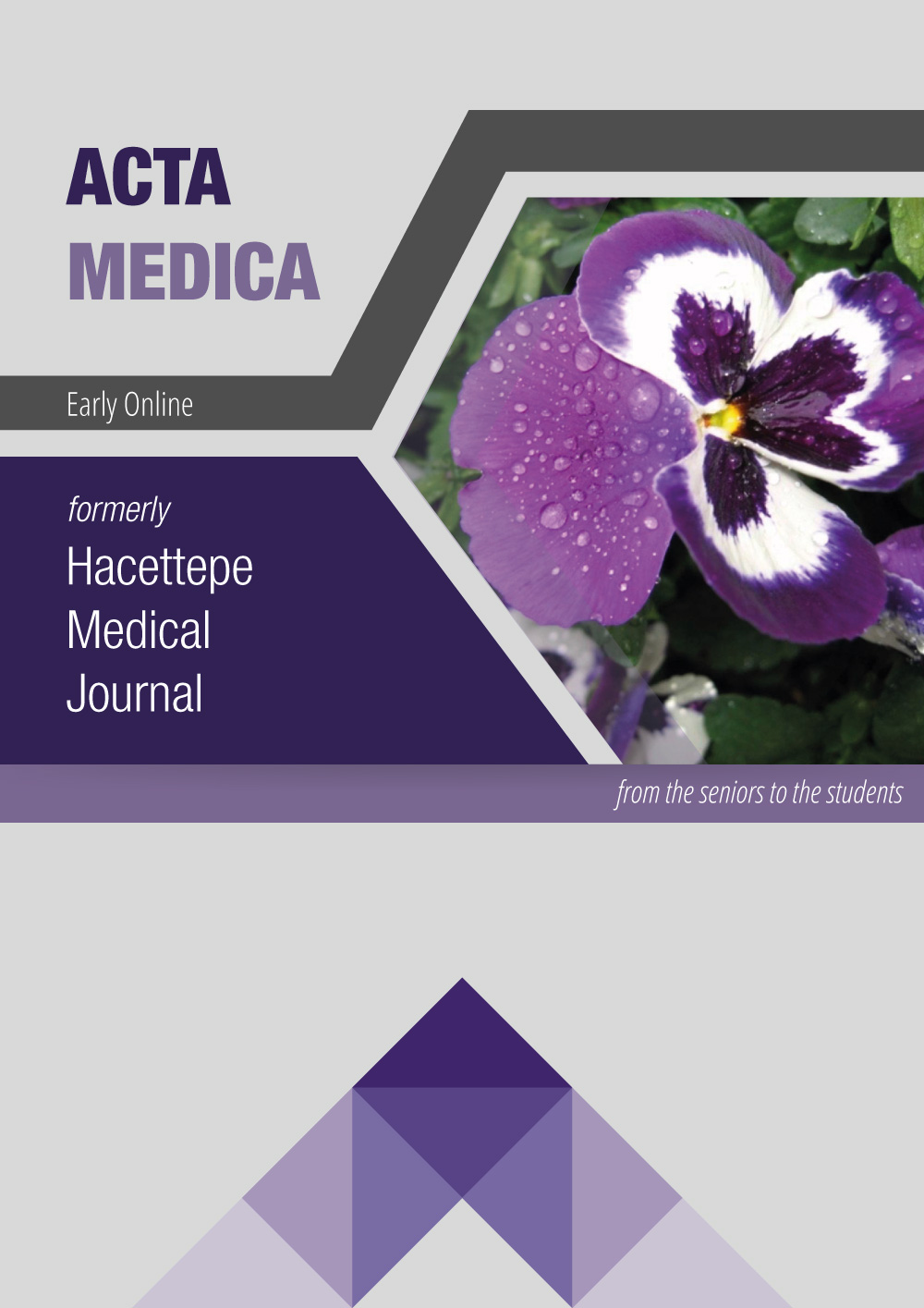The relationship between perfectionism, depressive symptom severity, rumination and burnout in physicians
DOI:
https://doi.org/10.32552/2025.ActaMedica.1107Keywords:
burnout, perfectionism, depression, ruminationAbstract
Objective: A large number of studies indicate that clinicians are at risk for burnout. However, literature on the relationship between burnout and personal traits is limited. Perfectionism may play a role in the development of burnout by increasing ruminative thoughts and depressive symptoms. This study aimed to investigate the relationship between burnout and perfectionism, rumination and depressive symptoms.
Materials and Methods: This study included 317 physicians who completed online surveys between May 2024 and September 2024. The questionnaires included sociodemographic and work environment characteristics, as well as the Maslach Burnout Inventory, Frost Multidimensional Perfectionism Scale, the Patient Health Questionnaire-9, and the Ruminative Response Scale - Short Form self-report scales. Work-related ruminative thoughts and ruminative thoughts related to other life domains were assessed separately.
Results: The results of our study showed that being unmarried, having a history of mobbing, taking the primary responsibility for household chores, being a resident, and working night shifts were associated with burnout. According to the results of regression analysis, emotional exhaustion and depersonalization were predicted by depressive symptom severity and work-related rumination, whereas perfectionism scores were significantly predicted personal accomplishment. The likelihood of being in the suicide risk group was associated with low personal accomplishment in addition to depressive symptom severity. Mediator analysis revealed that the relationship between perfectionism and burnout was fully mediated by depressive symptom severity and rumination.
Conclusion: Perfectionism leads to an increase in burnout through ruminative thoughts and an increase in depressive symptoms. Although small sample size of the study, our results have an important potential to guide interventions for perfectionism in physicians to reduce burnout and associated suicide risk.
Downloads
Downloads
Published
How to Cite
Issue
Section
License
Copyright (c) 2025 Acta Medica

This work is licensed under a Creative Commons Attribution-NonCommercial-NoDerivatives 4.0 International License.


